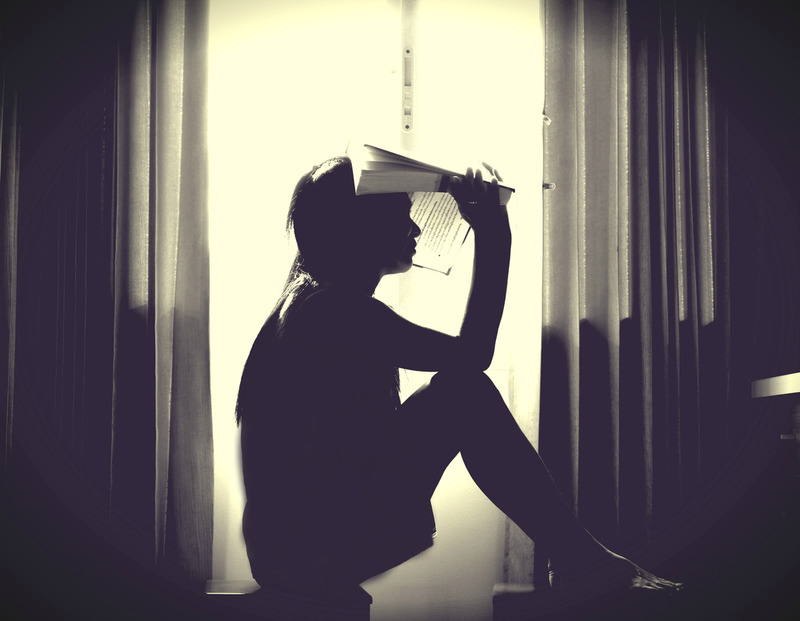Recent studies show that mental health issues are rampant in colleges. Up to 50% of students reported having poor mental health and 50% said they suffer from anxiety that affects their performance in school. The responsibilities bestowed on students to do well in multiple classes and focus on their future is an overwhelm that affects many students. Unfortanetly 40% of students do not seek help when they feel highly stressed, and parents of students have shown to be unaware of their child’s mental struggles as only 7% of parents believe their child has a mental health issue. Knowing the signs of being mentally unwell, and having tools for self care is important when experiencing a depression in Los Angeles for college students in order to thrive in a trying environment.
Let us first unpack depression and anxiety.
A Depression in Los Angeles: Depression
Depression is a mental disorder that causes feelings of sadness, hopelessness, worthlessness, and emptiness. It affects your thoughts, behavior, feelings, and bodily sensations. Depression can also affect your daily life such as the desire to withdraw from socializing and activities, especially when a gnawing fatigue is present. Some people develop insomnia or oversleep, while some binge or hardly eat. Each person is affected slightly differently. One in fifteen adults go through depression, making it a common disorder that stems from genetics, biology, and environment. In some studies, 44% of students report having had a depression in Los Angeles during their time in college.
Anxiety
Anxiety is a mental disorder that involves having constant worry or fear about the future, including small day-to-day tasks. If you have anxiety, it feels as though you are in danger so your survival responses are often triggered. People with anxiety may avoid social situations, places that remind them of their fears like a dentist or ocean, and may have rigid routines to avoid threats. You may also experience nervousness, feeling tense, trembling, increased heart rate, sweating, trouble focusing, and digestion issues. About 40 million adults in the US have anxiety. In colleges, up to 80% of students report feeling stressed on a daily basis.
These are a few techniques that help you when you feel stuck.
-
Journaling
Dedicate a journal for daily check-ins describing your thoughts, mood, and body sensations. If you have negative emotions, note how you react to it. Include the time of the day and day of the week. Doing so will make you aware of patterns and your ability to cope.

-
Write love notes to yourself
Whenever negative thoughts come up or whenever you say a negative statement about yourself, counter it with a positive affirmation. For example, if you feel like you are failing your classmates and do not deserve to be in their group, tell yourself that you bring value to the group because each person has something unique to contribute that will benefit the project as a whole. Or if you feel nervous about a presentation, you can leave notes on your mirror, laptop, and phone to remind yourself that you are doing your best such as “I am worthy of being seen, I am doing my best”.
-
Visualize Gratitude
Before you start your day or at the end of the day, close your eyes and list at least five things you are grateful for that day such as seeing a bright sun, your body’s ability to move, and your favorite song.
-
Share Your Disappointments
Life will not always go smoothly. Accepting this, and that a lot is out of your control, will ease disappointments and heartbreak. When a less than ideal situation arises, like receiving a rejection letter from a publisher or experiencing a breakup, allow yourself to vent on paper then follow it with the lessons you learned and how you may approach this scenario in the future. Afterward, share it with someone you trust. By sharing out loud, you will get a new perspective on your own thoughts and behaviors, allow yourself to be vulnerable, co-create solutions, and will be able to see your own progress in healthy coping mechanisms.
Suicide is the third leading cause of death in colleges. It is vital to seek help when you feel stressed. Working with a mental health provider, joining a support group, exercise, meditation are some of the tools used for emotional regulation. To start your recovery journey, set up a free consultation with Trauma and Beyond Psychological Center ® at (818) 651-0725.

